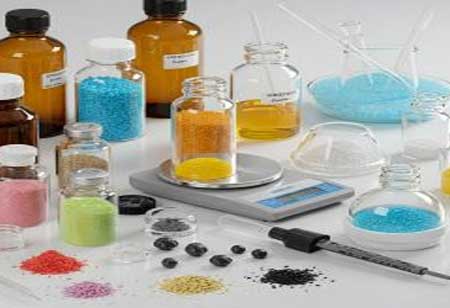Fremont, CA: The specialty chemicals industry is transforming significantly, driven by enhanced sustainability, technological advancements, and a growing demand for customized solutions. Companies must adapt their production processes as consumer expectations shift toward eco-friendly products and practices. The emphasis on sustainability is prominent across various sectors, including specialty chemicals, focusing on developing environmentally benign products.
Efforts to decrease carbon emissions, manage waste effectively, and utilize renewable resources are transforming how chemicals are produced. Innovations in green chemistry are at the forefront of this change, allowing for the creation of bio-based chemicals and sustainable alternatives to conventional synthetic materials. As a result, the development of biodegradable plastics and sustainable polymers has gained traction as businesses strive to combat plastic pollution and minimize their environmental footprint.
Technological Innovations and Customization Demands
In addition to sustainability, the rise of Industry 4.0 technologies is revolutionizing the specialty chemicals landscape. Artificial intelligence (AI), machine learning (ML), and the Internet of Things (IoT) are enhancing the efficiency, precision, and sustainability of chemical manufacturing processes. AI and ML algorithms are streamlining production operations, allowing for enhanced predictive maintenance and improved product quality. Meanwhile, smart sensors and IoT devices facilitate real-time production monitoring, ensuring operational efficiency and safety. Data from these devices enables companies to identify trends, enhance safety protocols, and reduce waste throughout the production cycle.
The Rise of Customized Solutions in Specialty Chemicals
Meeting the demand for customized chemical solutions has become increasingly critical as industries specialize. Businesses seek tailored products that meet specific performance criteria, from automotive coatings to personal care formulations and agricultural chemicals. The specialty chemicals sector is committed to developing bespoke solutions, leveraging advances in chemical engineering and formulation technologies to create high-performance products. For instance, specialty chemicals are utilized in the electronics industry to produce coatings and materials capable of withstanding extreme conditions while delivering exceptional functionality.
Moreover, biotechnology plays a pivotal role in the evolution of specialty chemicals. Processes such as biocatalysis enable the production of chemicals from renewable resources like plant-based feedstocks, moving away from fossil fuel dependence. A key innovation in this area is the introduction of bio-based solvents, which serve as safer and more sustainable options than traditional petrochemical-based solvents. Utilizing enzymes and microorganisms fosters development processes that are not only environmentally friendly but also more energy-efficient, culminating in a reduction of waste generation.

